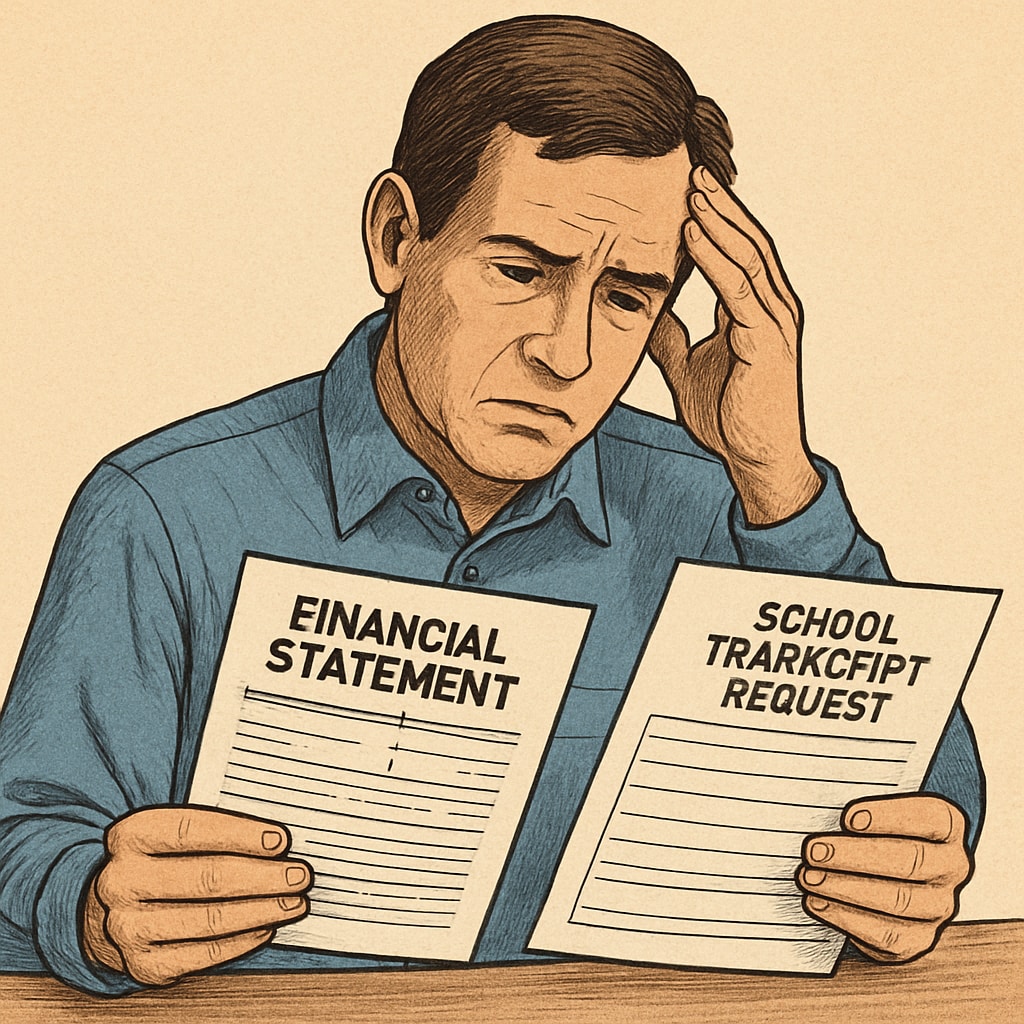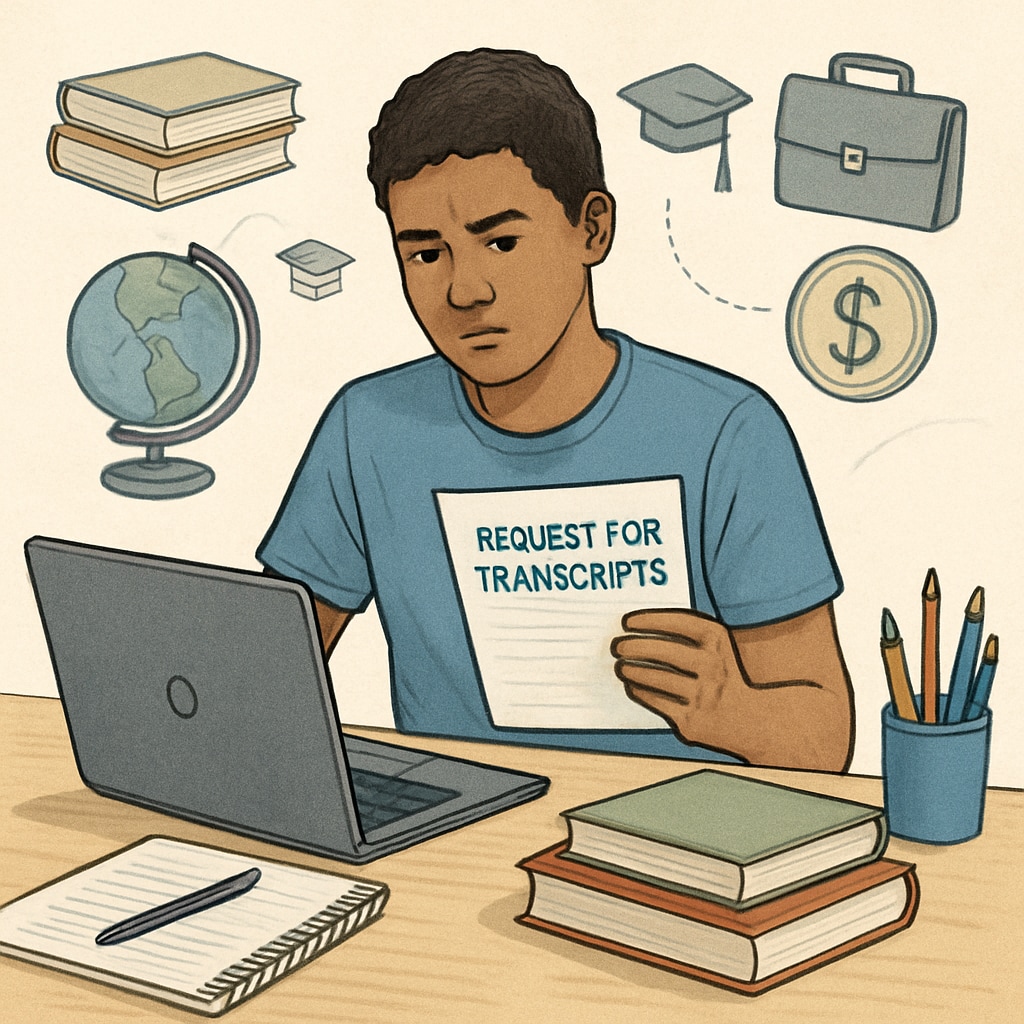For many parents, the process of requesting student transcripts can become a frustrating roadblock when there is an outstanding balance on their child’s school account. Whether it’s for college applications, transferring to another institution, or meeting requirements for professional licensing exams, access to these critical records is essential. However, schools often implement policies that restrict access to academic records until all financial obligations are met. This raises questions about the legality of such practices, their impact on students’ futures, and alternative solutions available to parents navigating this dilemma.

Understanding the Legality of Withholding Student Transcripts
Schools, particularly private institutions, often cite unpaid tuition or fees as justification for withholding student transcripts. While this practice is common, its legality depends on several factors, including the school’s policies, state laws, and the level of education provided (e.g., K-12 versus college). For example, some states have specific laws that prohibit public schools from denying access to student records, while private schools may have more flexibility in enforcing their financial policies.
According to Britannica’s overview of educational rights, public institutions are generally bound by laws that prioritize student access to education over financial disputes. However, private schools operate under contractual agreements, which may grant them more authority to withhold records. Parents must review enrollment contracts and local regulations to assess whether the school’s actions are legally justified.
Impact of Withholding Transcripts on Academic and Career Progress
Restricting access to transcripts can have far-reaching consequences for students. In the short term, they may face delays in transferring to new schools or enrolling in higher education programs. In the long term, such restrictions can hinder opportunities for professional growth, especially when transcripts are required for licensing exams in fields like healthcare, law, or education.
For instance, a student seeking to sit for a professional licensure exam may need to provide proof of academic credentials. Without access to these records, their career trajectory could stall, leading to frustration and financial strain. Furthermore, families already struggling with unpaid balances may find it even harder to resolve their situations when such barriers exacerbate their challenges.

Practical Solutions for Parents Facing Transcript Restrictions
While the situation can be daunting, there are steps parents can take to address the issue without compromising their child’s future. Here are some actionable solutions:
- Negotiate a Payment Plan: Many schools are willing to work out installment plans for unpaid balances. By demonstrating a commitment to resolving the debt, parents may be able to secure partial or temporary access to transcripts.
- Explore Legal Options: If the school’s withholding policy seems excessive or unfair, consulting an attorney who specializes in education law can help clarify your rights. In some cases, legal action may be required to secure records.
- Request Partial Records: Some schools may agree to release unofficial transcripts or grades for specific purposes, such as job applications or professional exams. While not ideal, this can provide a temporary solution.
- Leverage State Education Resources: Certain states have departments of education that offer mediation or assistance in resolving disputes between parents and schools. Contacting these organizations can provide additional support.
By taking a proactive approach, parents can navigate these challenges while maintaining a positive relationship with the school. It’s also important to communicate openly with school administrators to understand their policies and find mutually agreeable solutions.
Balancing Financial Obligations with Educational Access
Ultimately, the issue of accessing student transcripts amidst unpaid balances reflects a broader tension between financial policies and educational equity. While schools have legitimate reasons to enforce payment requirements, they must also consider the long-term impact on students and families. For parents, understanding their rights and exploring alternative solutions is key to overcoming these challenges.
Education is a fundamental right, and ensuring access to academic records is an essential step in supporting students’ futures. By addressing financial obligations responsibly and advocating for fair policies, parents can help pave the way for their children’s academic and professional success.
Readability guidance: This article uses concise paragraphs and clear subheadings to improve readability. Lists are included for actionable steps, and care has been taken to balance informative content with practical advice. Transition words like “however,” “therefore,” and “for example” ensure smooth flow across sections.


